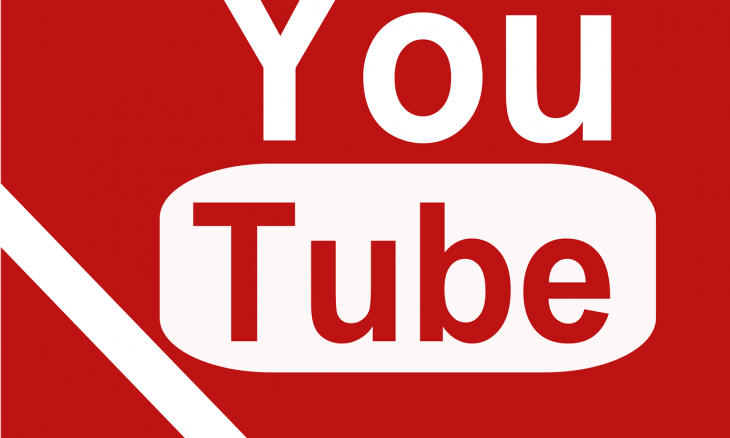I’ve written in the past about the neat audio search of PodZinger, but I don’t think they’ve gotten much attention yet. This announcement, that PodZinger now can search the audio speech of YouTube videos, may raise the profile of this “little search company that could.” Splashcast has a quick test that shows that the technology is promising. A-list blogger and search expert John Battelle excerpted Splashcast today, so maybe this announcement will start to get some eyeballs.
What does this mean for search marketers? As I have been saying, audio and video have long been second-class citizens in search. Although Google and other search engines can find seemingly every word of text typed into a Web page, they fail miserably at audio speech, both in podcasts and as voice-overs to videos.
Because of that, search marketers have not emphasized audio and video, although they should, as I outline in one of my columns from Revenue magazine, Search Marketers Target iPod Users. If you’re stumped by even the basics of podcasts, read up on some podcasting tips and some video podcasting tips.
Speech search technology raises the ante. First, PodZinger will raise its profile a bit with this announcement and attract more searchers. But the impact will be larger than this. Every time a small search engine offers a hot new feature, it places more pressure on Google, Yahoo!, MSN, and the rest to match it. In this case, because Google owns YouTube, you can bet that they are working on this kind of capability. AOL already offers audio search through SingingFish—someone may partner with PodZinger also.
Smart search marketers are working on audio now—straight audio and audio on video. Using keywords in your audio and video will someday be just as important as it is on a text page today. It’s not too early to start.





